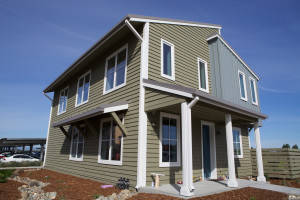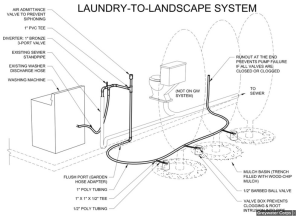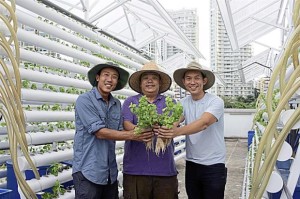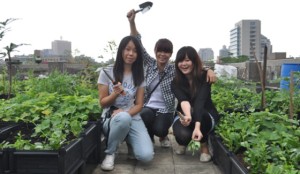by TOOD WOODY, The New York Times, March 25, 2014

A home by Honda and the University of California, Davis, is expected to make more energy than it consumes.
Photo: Thor Swift for The New York Times
Source: www.nytimes.com
DAVIS, Calif. — As more homeowners generate their own electricity from solar panels, they still need power from a utility after the sun goes down.
Now, automakers say they may have an answer, by storing that carbon-free energy in electric car batteries for later use.
Honda on Tuesday is introducing an experimental house in this environmentally conscious community to showcase technologies that allow the dwelling to generate more electricity than it consumes.
It is one example of the way solar companies and carmakers are converging on a common goal: to create the self-sufficient home, with a car’s battery as the linchpin.
With buildings and transportation accounting for 44 percent of the United States’ greenhouse gas emissions, car companies increasingly view all-electric and hydrogen fuel-cell cars as vehicles that will meet environmental mandates and lead to development of new energy services and products beyond the garage.



